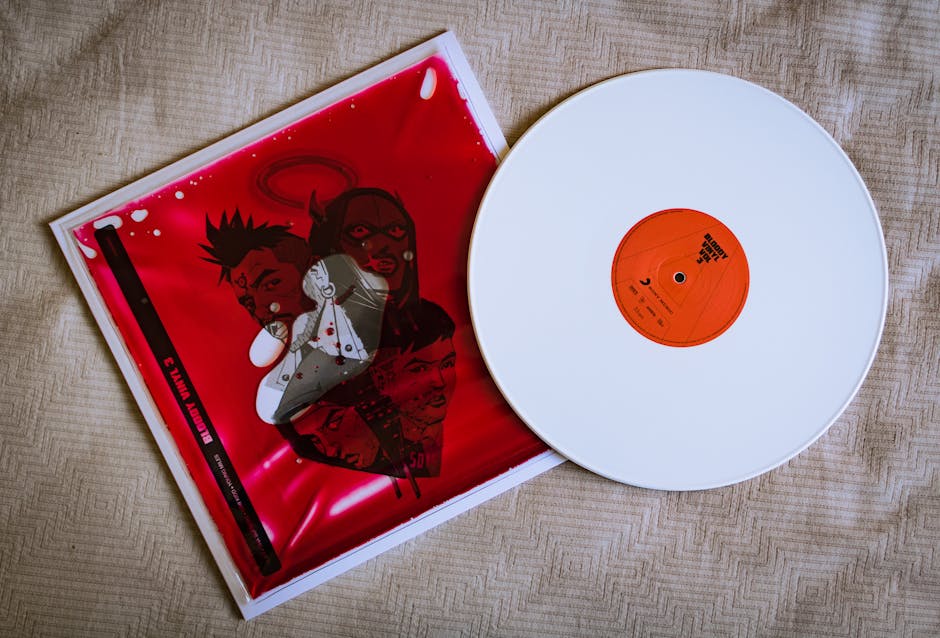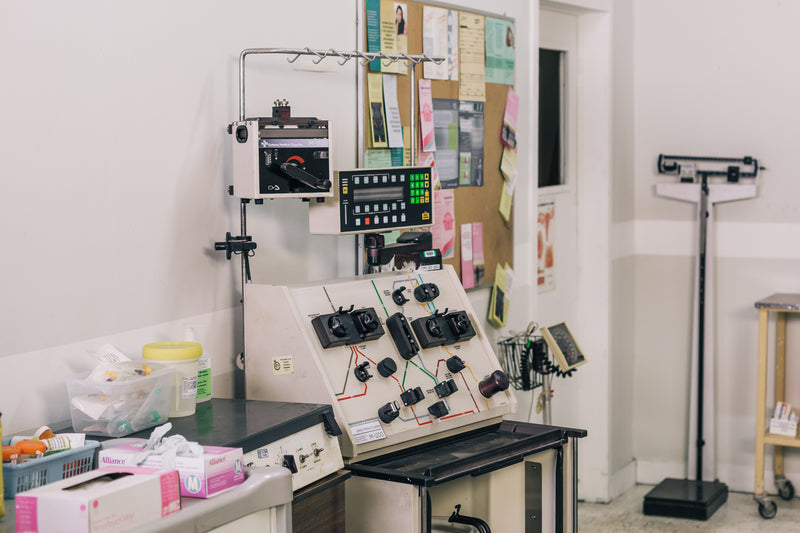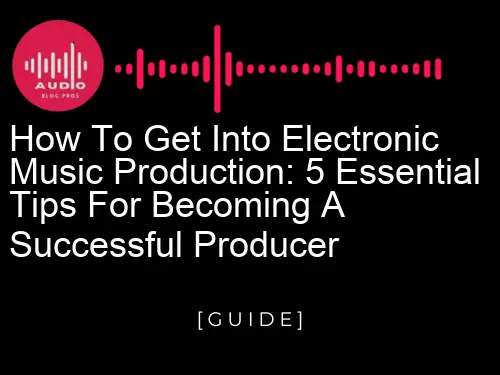How to Get Into Electronic Music Production? Are you interested in producing electronic music but don’t know where to start? If so, then this blog post is for you! In it, we’ll give you five essential tips for getting into electronic music production and becoming a successful producer. We’ll explore the importance of having the right equipment, understanding composition basics, and more. So read on to find out how to get into producing electronic music and achieve success!

Understanding the Basics of Electronic Music Production
To be a successful electronic music producer, you first need to understand the basics of the production process. This includes understanding how to create and produce electronic music tracks, as well as understanding the different types of music production software and hardware available.
One of the most important aspects of producing electronic music is developing your own unique sound. This means learning how to create and use samples and loops to create unique sounds for your tracks. Additionally, it’s important to master the art of mixing and arranging your tracks to create a cohesive whole.
To become a successful electronic music producer, you’ll also need to invest in the right equipment and software. This includes investing in quality samples and loops, as well as quality music production software and hardware. Additionally, it’s important to find inspiration for your tracks and build a network of fellow producers.

Developing Your Own Unique Sound
Developing Your Own Unique Sound
To produce electronic music that stands out from the crowd, you’ll need to develop your own unique sound. This means incorporating elements of electronica, house, trance, and techno into your music to create a unique style.
One way to develop your sound is to experiment with different sounds and samples. Use loops and samples to create unique sounds that you can use in your tracks. You can also experiment with different synth sounds and effects to create a unique soundscape for your music.
Another way to develop your sound is to experiment with different rhythms and beats. Try incorporating techno or house beats into your tracks to create a more dance-oriented sound. You can also experiment with different time signatures to create a more complex and interesting sonic landscape.
Finally, you’ll need to invest in the right equipment and software to help you produce electronic music. You’ll need a good mixer and synthesizer software to help you create realistic sounds and textures. You’ll also need good quality audio files so that your listeners can understand and appreciate your music.

Investing in the Right Equipment and Software
As a producer, you need to have at least a basic understanding of music theory in order to make your tracks sound their best. Knowledge of scales and chords will help you create hooks and melodies that draw listeners in. Additionally, learning how to use intervals can enhance the harmonic content of your songs.
To further improve the quality of your tracks, it’s important to invest in good audio equipment and software. A good microphone will allow you to capture excellent vocal recordings, while a quality digital audio recorder (DAR) can be used for capturing instrumentals or any other sounds you may want to include in your track. Likewise, good mastering tools can help deliver accurate sound levels on all channels without affecting the overall fidelity of the recording.
Finally, remember that electronic music is all about creativity and inspiration! Experiment with different sounds and techniques until you find something that works best for you – there’s no one “right way” to produce electronic music!

Utilizing Samples and Loops to Enhance Your Tracks
Utilizing Samples and Loops to Enhance Your Tracks
One of the most important aspects of electronic music production is utilizing samples and loops to enhance your tracks. By using samples, you can create a more authentic sound that will stand out from the competition.
When selecting samples, it is important to consider the type of music you are trying to produce. If you are creating dubstep tracks, you will likely want to use faster-paced samples that reflect that genre. On the other hand, if you are creating house music, you may want to use slower-paced samples that reflect that genre.
Once you have selected your samples, it is important to mix them together in the right way. You should try to create a balanced mix that sounds natural and realistic. Additionally, it is important to EQ your samples in order to adjust their volume and tone.
Finally, it is important to master your tracks in order to give them the best possible sound quality. By mastering your tracks, you can ensure that they sound consistent across all devices and formats.
Mastering the Art of Mixing and Arrangement
Finding Inspiration and Building a Network
Producers are often inspired by their favorite music producers and strive to emulate their style. In order to become a successful producer, it is important to find inspiration from other producers and build a network of like-minded individuals. Additionally, it is important to stay up-to-date on the latest music production trends and techniques so that you can create tracks that stand out from the crowd. Finally, it is important to be patient and persist through the tough times – if you put in the hard work, success will eventually come your way.

Finding Inspiration and Building a Network
The last step in becoming a successful producer is to find inspiration and build a network. To do this, you will need to explore new music and meet people who are working in the electronic music industry. Armed with the right information and equipment, you can make your own tracks and compositions and bring them to the attention of those who matter most.
It is entirely possible to become a successful electronic music producer, offering unique and creative sounds that can make an impact on the scene. With these five essential tips in mind, you will be well on your way to creating beats and tracks that stand out from the crowd. So now it’s time for you to get out there and start producing! Don’t forget to check out our other content for more helpful advice about electronic music production.

